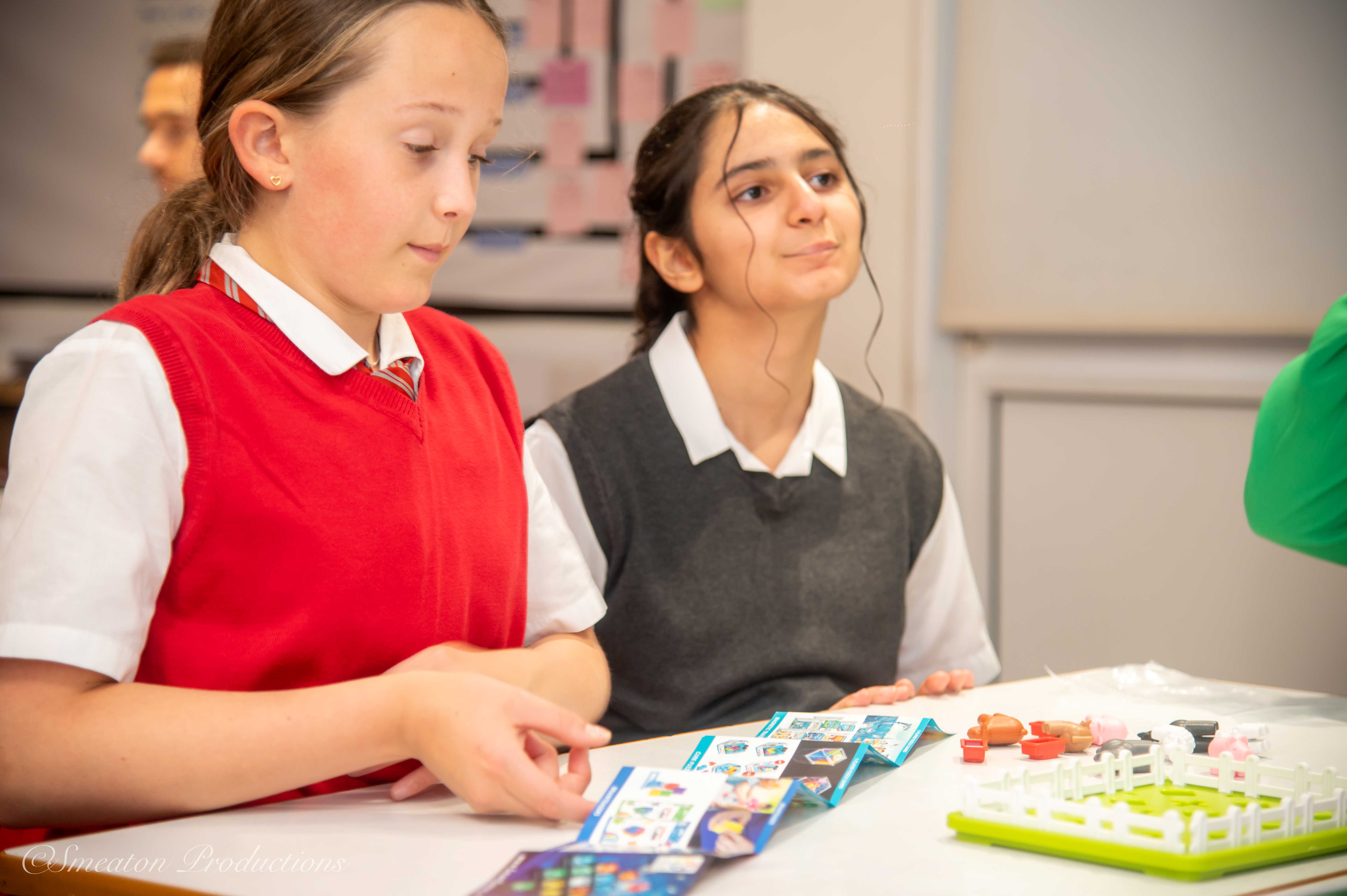Working with children in groups to promote and embed positive relationships in schools
Helping children develop strong social, communication and interaction skills is paramount. We want our children to develop into young people and adults that can use these skills to gain good mental health, resilience and independence.
Some of our children and young people can struggle to develop these skills and this can cause problems in and out of school, which can impact their friendships, learning and wellbeing. Schools use a variety of curriculum input, individual and group interventions to help children develop and manage these important skills.
When some children have continued to develop these skills, we have worked with them in a group context to help them learn these skills in a fun and supportive context.
In these situations, MAST learning mentors and link EPs work in collaboration with our partner school SENCOs to identify children and young people who could benefit from this support. This joint planning helps identify appropriate children with needs that could attend a 6–8-week group intervention (supported by a MAST learning mentor.) We have found that these sessions work best if the groups also include supportive peer role models that can model wanted behaviours. Key to success is working with school staff to help children that attend the groups to continue to practice learnt skills outside of their weekly input. Having a nominated member of school staff to attend some of these, who understands what the children are working on and can then help them to support them in between sessions.
Here are some strategies we have used to support children with needs in group settings:
Promote a Positive and Inclusive Environment: Establishing a welcoming atmosphere is the first step in supporting children's well-being. We want to develop kindness, empathy, and respect among peers. We hope to create opportunities for children to share their thoughts and feelings without fear of judgment. The key can be to emphasise the value of diversity and celebrate each child's uniqueness and strengths.
Develop Social Skills Through Play: Play is a powerful tool for learning social skills - cooperative games and activities that promote teamwork, communication, and problem-solving. As the sessions move forward, we want to model positive social behaviours and provide guidance when conflicts or difficulties arise. Children are encouraged to take turns, share, and collaborate with their peers.
Teaching Emotional Regulation: Helping children to recognise and manage their emotions effectively and then teaching them simple strategies such as deep breathing, counting to ten, or taking a break when they feel overwhelmed. Supporting children to express their feelings through words and provide a safe space for them to do so can be central to success. We aim to provide an opportunity to validate their emotions and offer support and guidance as needed.
Building Strong Relationships: We want to support children and young people to develop their relationships with their family, key adults in school and their peers. We use group activities that promote bonding and cooperation, where children can support each other and develop trust. We try to take time to listen to each child's concerns and interests and show genuine care and understanding.
Providing a Sense of Belonging and Routine: Consistency and predictability are essential for children and young people with additional needs. At the start of any group, we collaboratively establish clear expectations and routines to help them feel safe and secure. We want children and young people to feel like they have a sense of belonging to their new group so that they feel comfortable in sharing and expressing their thoughts and feelings.
Encouraging Self-Reflection and Problem-Solving: At times in the group, it can be important to help children develop their empathy skills and reflect on their actions and the impact they could have on others. Helping them to identify alternative solutions to social challenges and empower them to resolve conflicts independently. We want to nurture a growth mindset and resilience by emphasising the importance of learning from mistakes and persevering in the face of setbacks.
If you would like to discuss the possibilities of group interventions in your school, please contact your MAST link educational psychologist or one of the MAST Family Learning Mentors.








